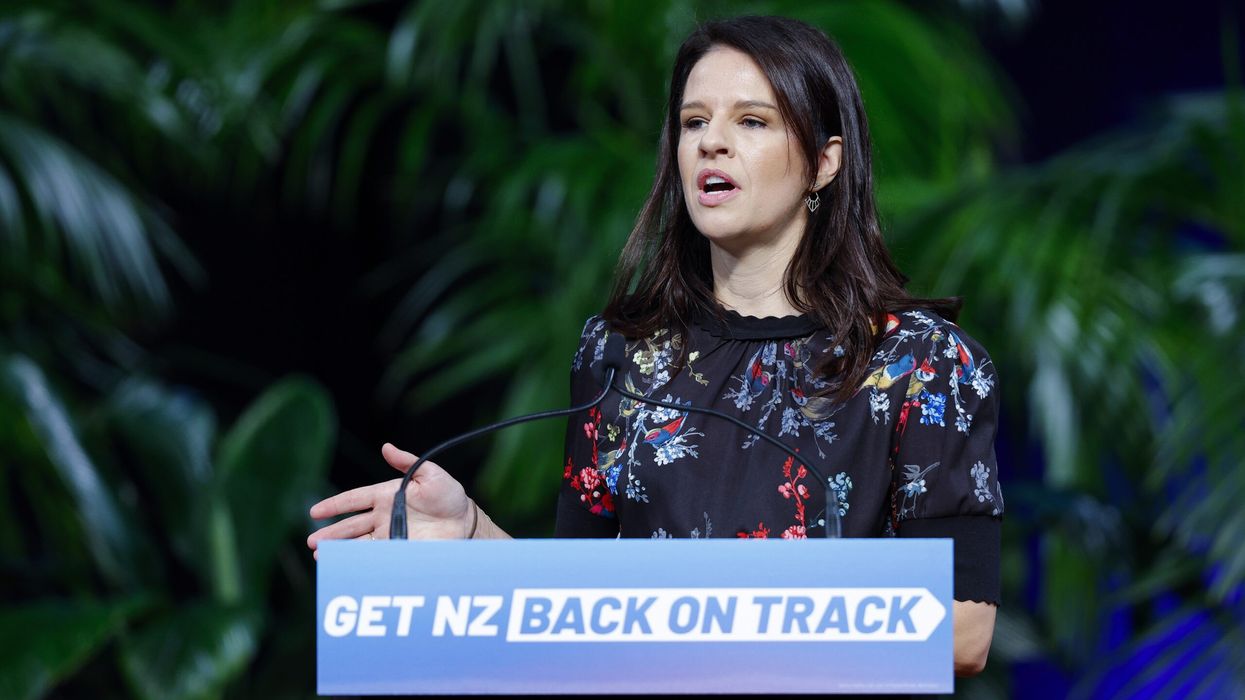New Zealand announced immediate changes to its employment visa program on Sunday in response to near-record migration levels last year, which it deemed "unsustainable."
The adjustments include introducing an English language requirement for low-skilled jobs and implementing a minimum skills and work experience threshold for most employer work visas. Additionally, the maximum continuous stay for most low-skilled roles will be reduced from five years to three years.
"The Government is focused on attracting and retaining the highly skilled migrants such as secondary teachers, where there is a skill shortage," Immigration Minister Erica Stanford said in a statement.
"At the same time we need to ensure that New Zealanders are put to the front of the line for jobs where there are no skills shortages," she said.
Last year, a near record 173,000 people migrated to New Zealand, the statement said.
With a population of approximately 5.1 million, New Zealand has witnessed rapid growth in migrant numbers since the pandemic's conclusion, sparking concerns about inflation last year.
Neighbouring Australia, experiencing a similar surge in migrants, had also announced plans to halve its migrant intake over the next two years.
Australia will begin enforcing tougher visa rules for foreign students as official data showed migration hit another record high, which is likely to further exacerbate an already tight rental market.
Australia boosted its annual migration numbers in 2022 to help businesses recruit staff to fill shortages after the Covid-19 pandemic brought strict border controls, and kept foreign students and workers out for nearly two years. But the sudden influx of foreign workers and students has exacerbated pressure on an already tight rental market.
Data released by the Australian Bureau of Statistics last month showed net immigration rose 60% to a record 548,800 in the year to September 30, 2023, higher than the 518,000 people in the year ending June 2023.
(Reuters)





